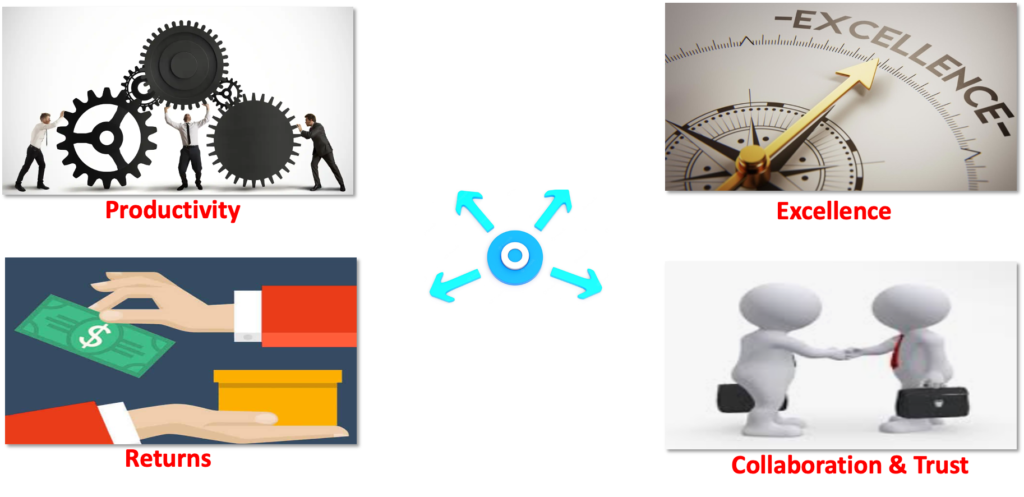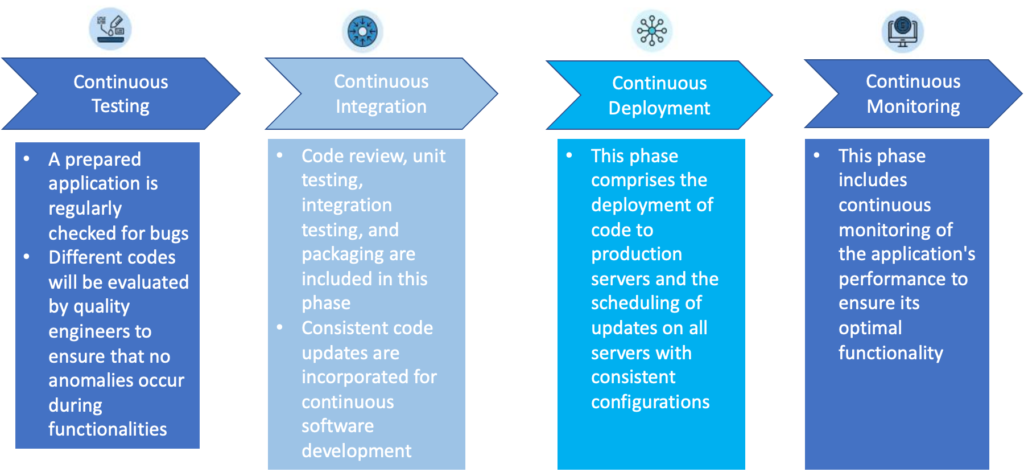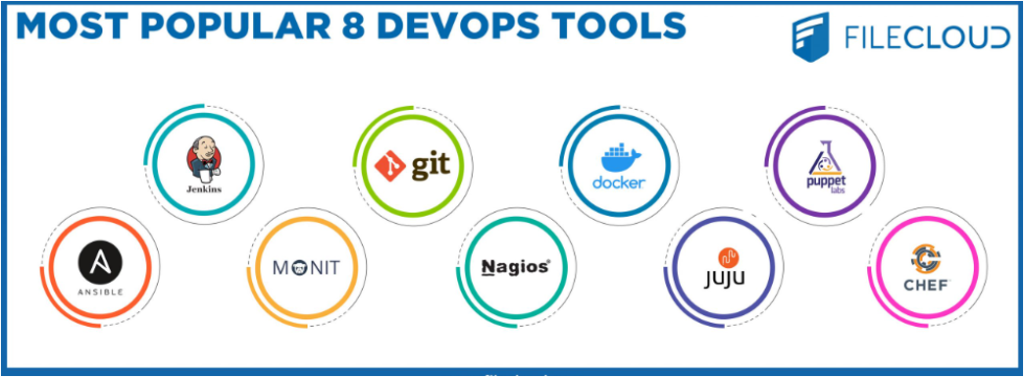DevOps: What is it, and what do you need to know?
“DevOps is a collection of practices that combine software development (Dev) and IT operations” (Ops). It aims to reduce the duration of the systems development life cycle and to provide continuous delivery of high-quality software. DevOps is complementary to Agile software development; a number of DevOps principles were derived from Agile methodology.”
In other words we can say – Software development and IT teams’ processes are automated and integrated through the use of a set of practices, tools, and cultural principles known as DevOps. In addition to technology automation, it places a strong emphasis on team empowerment.
Benefits of DevOps

Different phases of Devops

DevOps Engineer & Skills
- A DevOps engineer designs and maintains the software development pipeline. Additionally, he ensures that software is deployed correctly and without issues.
- A DevOps engineer can automate processes and write scripts for automation.
- Additionally, he understands how to keep the entire infrastructure secure and robust.
- A DevOps engineer possesses exceptional communication skills that allow him to convey ideas and facilitate the
exchange of information between teams.
- A DevOps engineer’s daily responsibilities include ensuring the cloud’s scaling requirements are met optimization, permissions management, and documentation.
A DevOps engineer possesses a wealth of knowledge, including:
•Knowledge of Linux and Windows operating systems
•Database and server technology
•Orchestration and cloud technology
•Source control
•Continuous integration and deployment
•Automation and scripting
•Networking and excellent communication
DevOps Tools

The popular DevOps tools are as follow:
•Jenkins: This is an open-source server for automation used as a tool for continuous integration. It allows us to build, deploy, and run automated tests.
•GIT: It is a version control tool that tracks file and software changes.
•Docker: This is a well-known tool for the containerization of services. It is highly beneficial for cloud-based deployments.
•Nagios: This tool is used to monitor IT infrastructure.
•Splunk: This is an effective tool for searching logs and monitoring production systems.
•Puppet: This tool helps to automate and make reusable DevOps work.
•Julu: is a tool for automating cloud infrastructure that enables developers to create cloud environments with a few commands.
•Monit: It is a system monitoring and recovery tool.
•Chef: It is one of the most widely used infrastructure automation tools; it allows for continuous delivery and configuration management.


